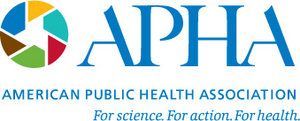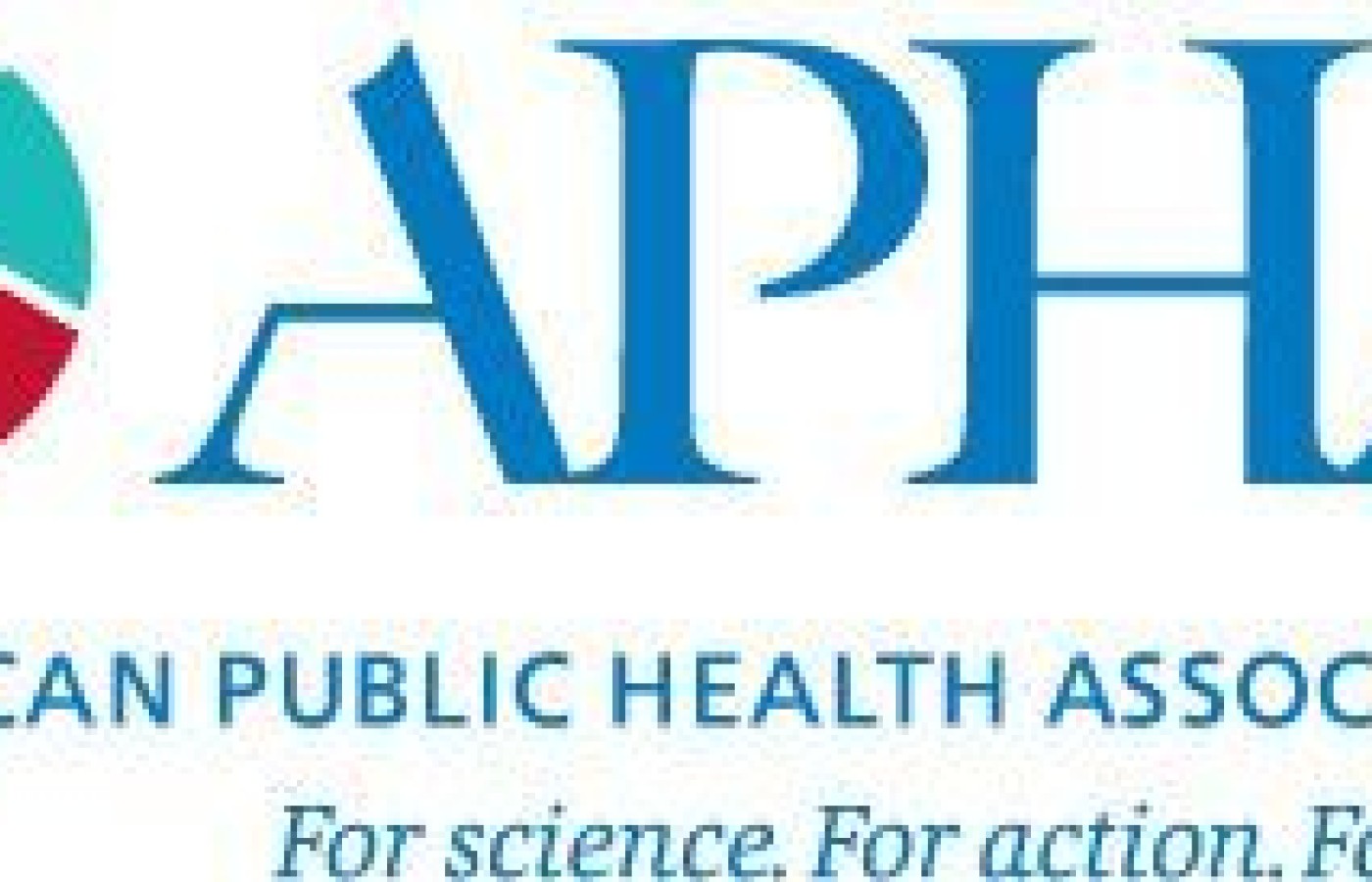One of the longest nerves in the body is known as the vagus nerve (VN). The VN is the 10th pair of cranial nerves that originates at the brain stem in the medulla oblongata. This nerve is part of the parasympathetic nervous system, which is a part of the ANS. Research suggests ear acupuncture can activate the VN.
The Importance of Health in All Policies
More than 12,000 delegates attended the annual meeting of the American Public Health Association (APHA) in Chicago from October 31 to November 4, 2015. Health care providers, researchers, activists and students gathered to discuss this year's theme of "Health In All Policies." Presenters reflected the many disciplines, topics, and trends of public health. U.S. Surgeon General Vivek Murthy MD, MBA and environmentalist and actor Ed Begley provided keynote addresses that encompassed individual health and well being, as well as global health issues.
Of particular interest to readers of Acupuncture Today will be the activities sponsored by one of APHA's components, the Integrative, Complementary and Traditional Health Practices Section (ICTHP). This group consists of more than 500 members in a diverse representation of disciplines that include acupuncture and Asian Medicine, Ayurvedic practices, homeopathy, yoga, massage and herbal medicine approaches. ICTHP works with "sister groups" in the national public health associations of South Africa and Australia as well.
In keeping with the theme of this year's meeting, ICTHP contributed language to a proposed policy to be considered for promoting as part of the national public health agenda. This proposal addressed the need for non-pharmacological pain management and encourages the implementation of multi-disciplinary and integrative health approaches. As part of the implementation strategy, all health care providers who prescribe narcotic or opioid medications would receive training in making referrals for integrative approaches in order to incorporate acupuncture and other methods into pain management as a means to reducing risk of opioid abuse.

Special invited speakers for ICTHP-sponsored presentations were John Scaringe DC, EdD and John Weeks. Dr. Scaringe is President of Southern California University of Health Sciences and John Weeks, founder of the Integrator Blog, has four honorary doctorates related to his contributions to health care and policy.
Scaringe drew parallels between the current situations in health care and in higher education. Both areas share the similarities of affecting every American and simultaneously having sky-rocketing costs. Offering his vision about options for the future, Scaringe described successful models of integration, affiliation and merger. John Weeks focused his talk on the evolution of the medical model of health care in the direction of more holistic and comprehensive approaches. His talk contrasted American medical care after the Flexner Report of 1910, which emphasized the value of information, through the 1950's during which the medical model refined its idea of the formation of medical personnel, and through to today, when the emphasis is on transformation of the health care delivery system. ICTHP awarded its "Noble Prize" to Weeks for his contributions to bringing integrative approaches out of the spas and concierge practices and into communities.
ICTHP sponsored 84 peer-reviewed sessions in oral, poster and round-table formats. Content and additional information about the abstracts presented can be accessed at: https://apha.confex.com/apha/143am/webprogram/start.html?_ga=1.133117454.1810430195.1419264425. Over-arching topics of the sessions included experiences in Integrative and Complementary Health Practices; Education and Training; Chronic Disease Management; Research and Evaluation; Interdisciplinary Approaches; Health Policy; and Promoting Healthy Bodies and Minds.
A significant advance in the understanding and appreciation of acupuncture was evident throughout the meeting. In every presentation in which integrative services were discussed – whether these services were provided in hospitals, clinics, or in community health centers – acupuncture was specifically included as an integral aspect of care. The world of public health has definitely benefited from the input of leaders in our field of Asian Medicine. One of these leaders, Prasad Vinjamury BA/MS, MD, MAOM, is a professor at Southern California University of Health Sciences, is also Chair-Elect of ICTHP and will begin his two-year term in 2016. Vinjamury was heavily involved in reviewing and designing all aspects of ICTHP's program of presentations.
Bob Lederer, MPH, presented a poster entitled "An Exploratory Study of New York City Acupuncture Clinics Serving Low-Income Communities". Lederer is responsible for WBAI/Pacifica Radio's "Health Action" program. He conducted qualitative research and interviewed acupuncturists working at four clinics and one association of clinics. Acupuncturists represented Lincoln Hospital's Detoxification program, PEACE Health, Third Root, Blue Lotus, and the People's Organization for Community Acupuncture (POCA). All these organizations are dedicated to seeking social justice and promoting access to healthcare. His interviews addressed questions concerning clinic descriptions including structure, size of staff and demographics of staff and clients. Recommendations for acupuncturists based on his findings included the following:
- "The commitment to serving the people has to be first". Ensure affordable prices.
- Educate clients about the holistic model of care, including overall health, balance and diet. In particular, he urges "Without these, we'll just forever be a disease-palliative, symptom-treatment system."
- Help clients to understand the emotional/social/political aspects of their health issues.
Lederer also developed a series of recommendations related to insurance programs and government:
- Mandate that Medicare and Medicaid cover acupuncture. One of his interviewees stated, "Once the federal government recognizes (acupuncture) as legitimate medicine, that will change everything."
- Private insurers should include acupuncture in all coverage policies and eliminate restrictions on numbers and indications for acupuncture coverage.
Thanks to the adoption of the Affordable Care Act, Lederer's recommendations for federal insurers has begun to be effectively addressed. The status of acupuncture as a legitimate treatment option continues to be recognized and is evolving throughout the U.S. The presentation noted that current approaches have been influenced by the work of acupuncturists at Lincoln Detox, but have developed other models of care. To enhance sustainability of models and practices, insurance restrictions must be lifted. Lederer also concluded that future research should assess acupuncture practice in the contexts of different target populations (such as people of color or in low-income communities), as well as in varying financial and treatment approach models (e.g. group or community styles).
One of the most gratifying experiences of the annual meeting was meeting Chicago-area acupuncturists who told us they were faithful readers of this column! Acupuncture Today seems to have a thriving readership in the Midwest that is mindful of integrating public health principles into their practices.
APHA's annual meeting offers rich opportunities for networking and professional development, as well as exposure to innovative discussions with national leaders. The gathering is an incubator for the imagination and promotes inspiration on every level.



